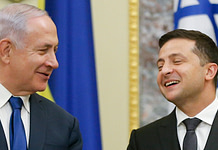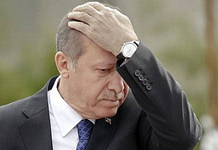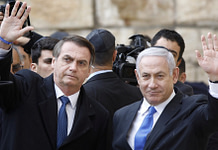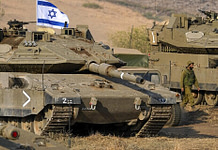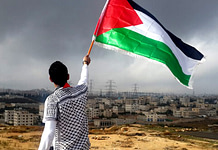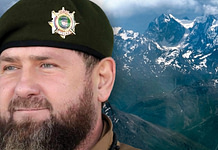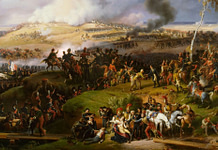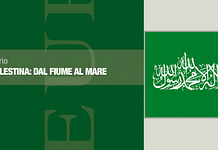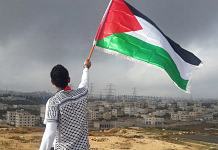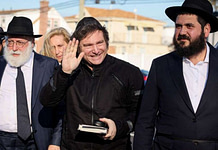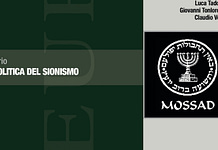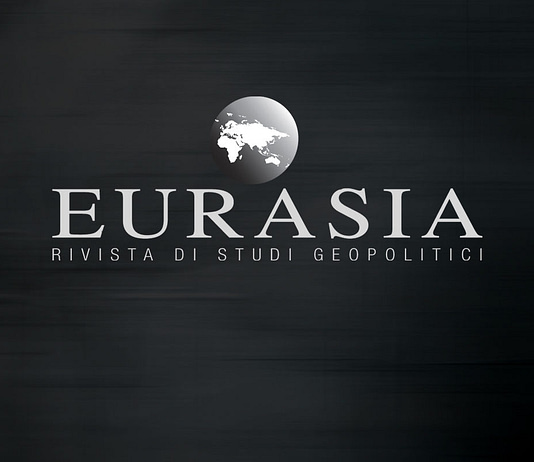U.S. strategy in Eurasia and drug production in Afghanistan
In order to address properly, without any ideological prejudice, but with intellectual honesty, the question about drug production in Afghanistan and the related international problems, it is necessary and useful to define (even if in broad terms) the geopolitical framework and to further clarify certain concepts, usually assumed to be understood and widely shared.
Indian Autonomy and Multipolar Context
In spite of its great climatic and geo-morphologic heterogeneity, of its diverse ethnic groups, of its large variety of cultures and religions, and of the consequent lack in socioeconomic homogeneity, India seems to have successfully followed the rule that made the ancient Empires great, i.e. the preservation of unity in diversity. The efforts currently led by India to maintain its independence, its unity and economic and industrial development will be winning, in the medium and long term, only if New Delhi will focus its geopolitical interests on the framework of a Eurasian and multipolar perspective. Such perspective, in fact, would solve its choice between being a mere regional power with international aspirations or a global power with regional interests.
TURKISH REVOLUTION ?
Claudio Mutti interviewed by Natella Speranskaya (Moscow, June 4th, 2013)
http://www.granews.info/content/turkish-revolution-interview-claudio-mutti
Q.- The national revolution has started in Turkey. What are the forces behind it? Who...
Some Geopolitical Remarks on the Arctic Region
The geopolitical history of the Arctic can be divided, in a preliminary approximation, into at least three cycles. A first great cycle, which we can call the cycle of great exploration and of the initial Arctic maritime activity (maritimisation) can be defined starting around 1553, that is, when the English navigator Hugh Willoughby began searching for a North-East passage, and going to the second half of the 1820s. With the new entrant in the circum-polar navigation club, frictions arose that marked the successive phase of the geopolitical history of the Arctic. This is the cycle of sovereignty or territorial claims, which began in 1826 with the delimitation of the frontier and terminated in 1991 with the dissolution of the USSR. The third cycle, which we can define as Arctic regional identity or multilateralism, placed between 1990 and the first years of this century, is marked by Moscow’s slight commitment – geopolitically fallen back into itself after the collapse of soviet structure – in supporting its own regional interests, by the renewed tensions between Canada and the US, by the timid presence of the European Union, which states the so-called policy of the Nordic Dimension, and, in particular, by some international or multilateral initiatives.
The war for South Ossetia
The Russian counteroffensive has brought some political advantages to Moscow , though a small deferment in closing the operations might have optimized them. First of all, Saakashvili has been destabilized: he will have to bear responsibility for having set off a conflict they have ruinously lost, even if he will try to politically optimize the “victim” aura. Secondly, the US’ prestige—and secondly EU’s one —has endured remarkable backlashes in the region. Today facts have showed how much the balance of military power in the Caucasus leans undoubtedly towards Moscow. Moscow’s third success lies in putting off Georgia’s admission to the NATO. If Georgia had been a NATO member, today Europe and the US should have either engaged in the third world war or lost their face before the whole world. Reason for which Georgia’s entrance in the NATO has always been dependent on settling the Abkhazian and Ossetian problems. Now more than ever these problems are serious and their possible consequences obvious.
THE WESTERN USE OF ISLAMISM
In his famous book The Clash of Civilizations Samuel Huntington affirms that the true problem of western world is not the Islamic fundamentalism, but...
IN YAHWEH WE TRUST: A DIVINE FOREIGN POLICY OF THE USA
It was largely the Biblical message that stood at the origin of the American endeavor to "make the world safe for democracy." Contrary to...
"Social and Economic Effects of Modernization"
The report is made on the initiative of the Member of the Committee on Banks and Banking of the Russian Union of Industrialists and Entrepreneurs, Chairman of the Board of the Millennium Bank, Mikhail Baydakov, under the scientific leadership of the Director of the Schiffers Institute for Advanced Research, Prof. Yury Gromyko and of the Economist and Member of the Scientific Committee of the Italian journal “La Finanza”, Paolo Raimondi.
Palestine claims full recognition to the U.N.
Just few days ago, some news about Palestine claiming its full national recognition within the United Nation Organisation reached the media. The 15-member Security...
“POST-TRUTH” AND THE TRUTH OF THE POLITICAL: FREEDLAND VS. DUGIN
The term "post-truth", which appeared for the first time in 1992, has known a considerable diffusion in the political commentary after two important political...


